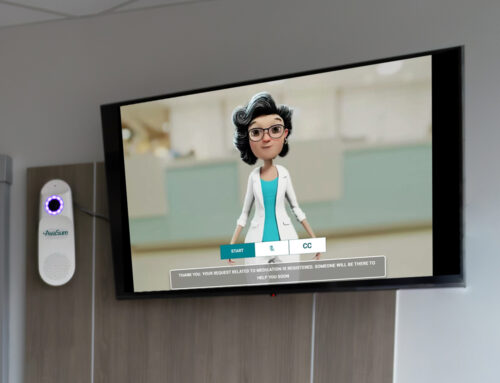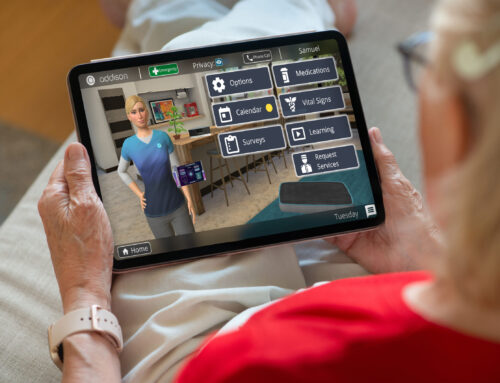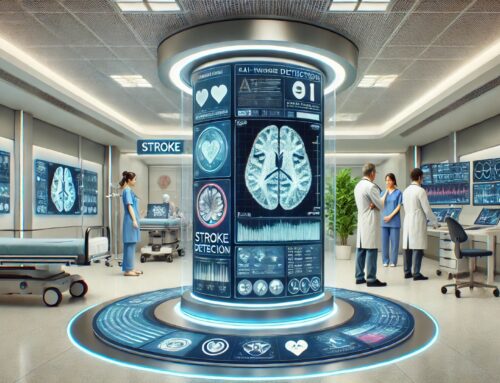Indicia for Admission Documentation compares EHR data to MCG care guidelines to improve reviewer efficiency.
MCG Health, part of the Hearst Health network and an industry leader in evidence-based guidance and healthcare technology, announces the official launch of its new solution, Indicia for Admission Documentation with Synapse. This new software leverages patient-specific data in the electronic health record (EHR) and clinical indications in the nationally-recognized MCG care guidelines to inform medical decisions at the point of hospital admission. According to MCG, he potential benefits to hospital intake staff include improved reviewer efficiency, increased accuracy of clinical documentation, and care guidance that is tailored to individual patient diagnoses.
Indicia for Admission Documentation uses the Synapse reasoning engine to analyze a patient’s medical record and recommend the appropriate care guideline(s) for a patient’s clinical situation. The best available evidence is automatically surfaced by the solution’s interface and can be easily added to the patient’s chart via the click of a button. According to MCG, this helps support more informed, patient-specific decisions, and it promotes robust documentation to justify short inpatient stays which can have a major impact to a hospital’s financial solvency. Indicia for Admission Documentation works with virtually any EHR system to help streamline the clinical workflow allowing clinicians to spend less time documenting their decisions to validate payment and more time to care for patients.
Stormont Vail Health, a 586-bed acute care hospital in Topeka, Kansas, was an early adopter of Indicia for Admission Documentation, and their staff used it within the Epic EHR. Diane Davis, the Utilization Review Manager at Stormont Vail Health said, “By providing the easy and quick access to the clinical documentation with Indicia for Admission Documentation, it allows us to get the admission status correct up front, which saves us time downstream from denials and re-work.”
A major metropolitan hospital system in the Midwest with over 450 beds was another early adopter of Indicia for Admission Documentation. Alternately, they used the solution within their Cerner EHR, and the IT Director of Operation Services told MCG, “Indicia for Admission Documentation provides the utilization review nurses the ability to engage with MCG evidence-based care guidelines without workflow disruption. This is essential for our revenue integrity, and for our patients.”
MCG President and CEO, Jon Shreve, commented, “Many MCG clients have been looking forward to using Indicia for Admission Documentation and the Synapse technology. MCG wants to help clinical professionals do what’s best for their patients, and by using data in the health record, we are facilitating the appropriate care based on individual patient needs. We look forward to adapting this new technology to support both payers and providers alike.”
Indicia for Admission Documentation with Synapse is currently available within the Epic AppOrchard and Cerner Code app galleries. Discussions for future integrations with other EHR and medical management platforms are currently underway. For hospitals that wish to learn more about the benefits of Indicia for Admission Documentation, please visit mcg.com.
About MCG Health
MCG, part of the Hearst Health network, helps healthcare organizations implement informed care strategies that proactively and efficiently move people toward health. MCG’s transparent assessment of the latest research and scholarly articles, along with our own data analysis, gives patients, providers, and payers the vetted information they need to feel confident in every care decision, in every moment. For more information visit http://www.mcg.com or follow our Twitter handle at @MCG_Health.
About Hearst Health
The mission of Hearst Health is to help guide the most important care moments by delivering vital information into the hands of everyone who touches a person’s health journey. Each year in the U.S., care guidance from Hearst Health reaches 85 percent of discharged patients, 205 million insured individuals, 103 million home health visits and 3.2 billion dispensed prescriptions. The Hearst Health network includes FDB (First Databank), Zynx Health, MCG, Homecare Homebase and MHK (formerly MedHOK). Hearst also holds a minority interest in the precision medicine and oncology analytics company M2Gen. Follow Hearst Health on Twitter @HearstHealth and LinkedIn @Hearst-Health.












